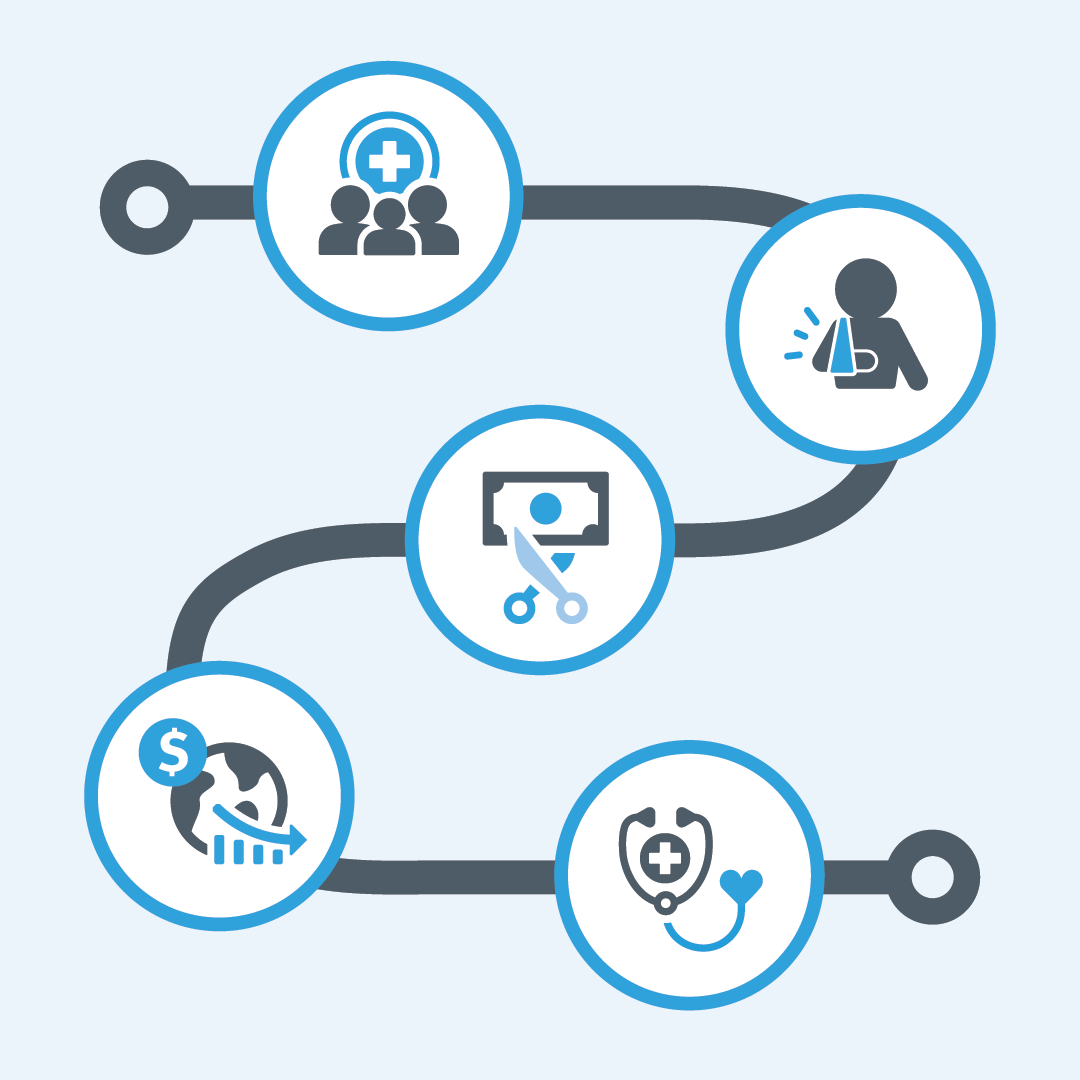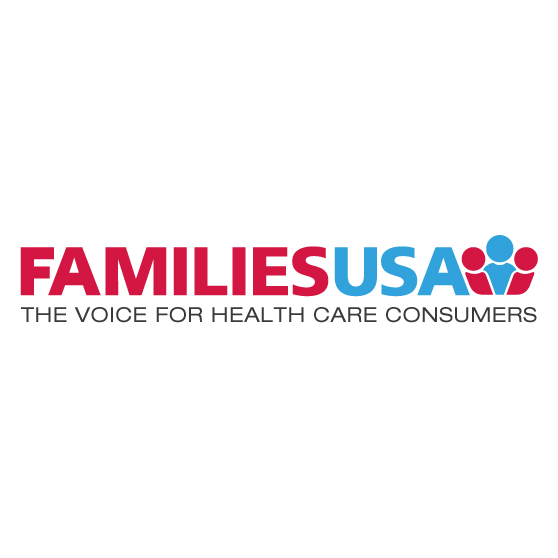
What Maine’s Medicaid Expansion Victory Means for Health Care
By
11.08.2017
Last night, Maine voters took control at the ballot box to expand health care coverage under the Affordable Care Act’s Medicaid expansion. The decisive win–with nearly 60 percent of the vote– shows the popular support for Medicaid expansion in Maine, where the governor has vetoed the state legislature’s repeated efforts to expand coverage. It also will fuel efforts in other states to turn to referendums if lawmakers are unable to move forward with health care coverage for low-income families and adults.
The story of the Maine ballot initiative begins in the November 2016 elections, when members of the Maine People’s Alliance and other groups began collecting signatures to put Medicaid expansion on the ballot. The campaign that followed, Mainers for Health Care, drew together a broad coalition of health care, business and progressive groups, and overwhelmed the opposition of Gov. Paul LePage. Mainers for Health Care also worked with The Fairness Project, a progressive ballot initiative partner of Families USA, for resources and campaign assistance.
The lesson of the campaign will be shared in the coming year with other states like Utah and Idaho, where ballot initiatives give voters a chance to move Medicaid expansion efforts ahead after years of stalling by conservative policymakers.
Currently 18 states, in addition to Maine, have not accepted the federal funding to expand Medicaid expansion since it became available in 2014. The last state to expand coverage was Louisiana, following the election of Gov. John Bel Edwards in 2015. Since that time, it has become clear that electoral action is the key to any Medicaid expansion. The Maine experience takes this initiative into a new level by letting voters make the decision directly.
Families USA believes this is the right step because, in the partisan stalemate that has hampered any other step to provide health care coverage, the people should use their votes to make their voices heard. The process is often difficult; posing a question rather than a candidate for consideration. But in these fractious times, it is often the only way forward to gain coverage for low-income families and adults who need health care.
The Maine referendum also sends a signal to Congress that voters value health care as a right. Any efforts to replace the Affordable Care Act must be viewed through this lens. Shredding the safety net that Medicaid provides will not be accepted. And taking away health care coverage puts low-income families and adults at risk and damages the health care system in a community and a state.
The task ahead for Families USA and others is to amplify the voices of those like Mainers for Health Care in other states around the country. This is a win in the corner of the country that can resonate to the South and West where other families need health care coverage and can take heart that their voices will be heard.




